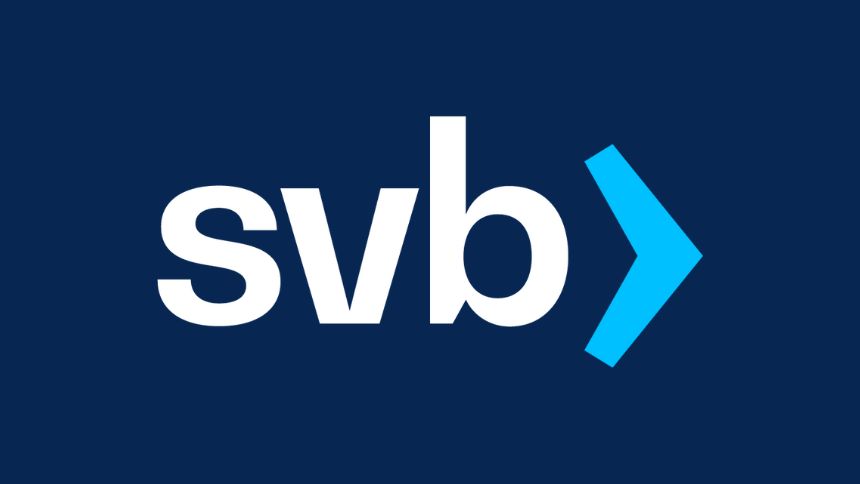
SVB collapse has impacts far beyond Silicon Valley
Scott Ewing says that the impact on those in the heartland will make access to capital – especially to debt capital, but also equity funding – likely to be more difficult for some time to come.
As a new week dawned on Monday, the impact of the collapse of Silicon Valley Bank (SVB) 10 days ago continued to reverberate through the start-up world, and it was not just in the Bay Area. Take the case of Drive Capital, one of the firms that touts its heartland focus.
Founded in 2013 by Mark Kvamme and Chris Olsen, both formerly of Sequoia Capital, the firm currently has about $2.2 billion in assets under management in various funds and was purposely launched outside Silicon Valley.
Columbus Inno reported about one-third of Drive Capital’s portfolio companies – 36 to be exact – had banking relationships with SVB and 15 of those companies still had all their funds stuck at the bank when the Federal Deposit Insurance Corporation (FDIC) shutdown SVB on March 10 and took receivership.
So, what’s the likely impact on start-ups in this region?
Scott Ewing is Principal Business Analyst with Knoxville-based Appalachian Investors Alliance (AIA), an organization that has 12 funds either operating or being organized across the 13-state Appalachian Region Commission footprint and four more in other states. AIA is working with The Biz Foundry in Cookeville and Sync Space Entrepreneur Center in Kingsport to launch local funds that leverage the recently announced “Fund Tennessee” initiative.
“What it means for folks in the heartland is that access to capital – especially to debt capital, but also equity funding – is likely to be more difficult for some time to come,” Ewing says. “Regional and community banks are seeing depositors transfer large amounts to large, ‘too big to fail’ institutions in a predictable flight to safety.”
Noting that much of the Appalachian region is already classified as ‘underbanked’ owing to consolidation and the loss of locally owned financial institutions that’s taken place over the last several decades, Ewing is concerned about the potential ripple effect.
“The press attention in the past few days has been on potential losses for depositors in Silicon Valley and New York City with the collapse of SVB and Signature,” he says. “I’m afraid the wider effects are going to be felt in rural and non-metropolitan areas, such as in our market.”
That concern was also voiced in an article published last week by Milt Capps in Venture Nashville Connections where he quoted Joe Maxwell, Managing Partner of FINTOP Capital in Nashville, as saying the FDIC’s action “represents a loud ‘wake-up call’ for founders, investment funds, limited partners, employees, and regulators, alike.”
On a broader geographic scale, PitchBook noted in a Sunday post that “SVB has been an essential cog in the VC (venture capital) market since 1983 – long before companies like Amazon, Google, and PayPal became household names. Michael Moritz of Sequoia compared the bank’s collapse to a ‘death in the family.’ As the go-to lender for tech start-ups, SVB offered a suite of services and products for founders and their backers.”
PitchBook’s Andrew Woodman noted that the bank “was a lender that uniquely understood the high-risk, high-return nature of the asset class and, as a result, was willing and able to make bets that others didn’t understand, or value.”
Like what you've read?
Forward to a friend!

